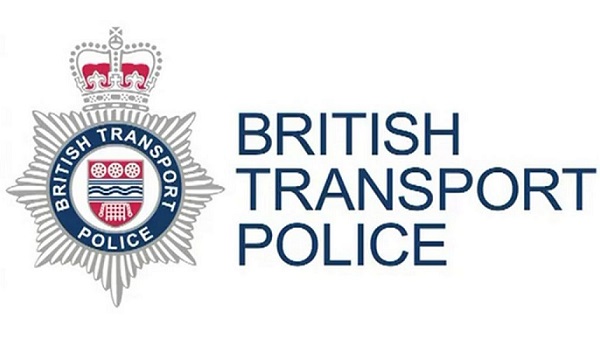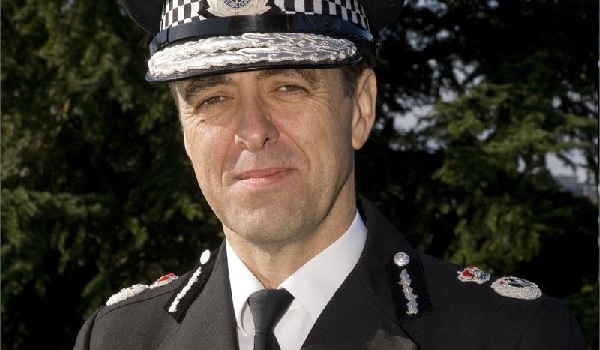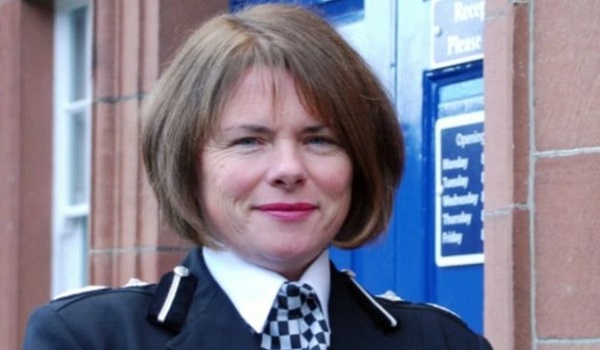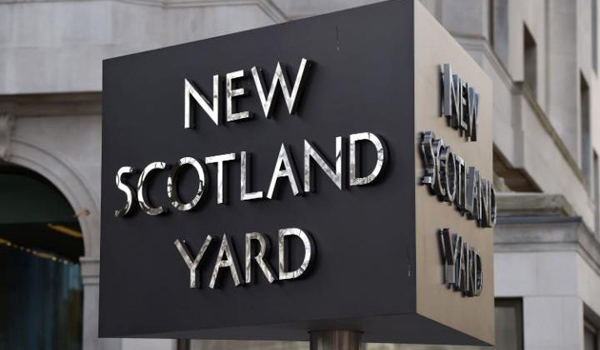Warning over ‘higher than ever’ risk of repeat riots on ten-year anniversary
The risk of a repeat of riots that scarred London and other major towns and cities a decade ago is “higher than ever”, Labour has said, as the party accused the Government of failing to tackle the conditions that led to the eruption of violence on streets across the country.
A report released by Labour to coincide with the anniversary of the riots – which started in the capital before spreading to 66 other areas – found that the number of “forgotten families” where many of the young people involved came from was likely to have doubled in the past decade.
The unrest began on August 6, 2011, following the fatal shooting of Mark Duggan by police in Tottenham two days previously.
What began as a protest against his killing turned into a full-scale riot that spread across the country over five days, involved around 15,000 people, and included looting, and businesses and vehicles set ablaze.
At the time, five people died and the damage left the country with an estimated bill of around half a billion pounds.
An interim report from an independent review panel in November 2011 said there were more than 5,000 crimes committed, 1,860 incidents of arson and criminal damage, 1,649 burglaries, 141 incidents of disorder and 366 incidents of violence against the person.
But Labour said the Government had since implemented only 11 of the 63 recommendations made by the panel in its final report in March 2012.
And in its own report released on Thursday (August 5), the party said “the psychological damage to the communities the riots affected is untold”.
The Riots, Communities and Victims Panel, which reported on the causes of the riots in 2012, found at the time that there were 500,000 so-called “forgotten families” in need of support but who did not reach the threshold for help due to funding cuts to local authority budgets.
By 2019, the latest data available, the Children’s Commissioner for England said in a similar measure that there were 829,000 young people considered “invisible” to children’s services, with a further 761,000 known to authorities but receiving an unclear level of support.
Launching Labour’s report looking at progress since the riots, the party’s Shadow Communities Secretary Steve Reed is expected to say: “The findings of this report are an alarm bell that we cannot afford to ignore.
“The deep social inequalities have grown wider after a decade of cuts to vital services that support struggling families and a rise in poverty.”
Speaking alongside Darra Singh, who chaired the original panel, at an event in London, Mr Reed will add: “Instead of acting to strengthen the fabric of society to reduce the risk of riots, over the past decade the Conservatives have decimated police forces, youth services and council funding for the support families most at risk need.”
The report recognised that there had been improvements in bringing down the number of young people not in education, employment or training and that ministers had made progress in bringing services to work more closely together.
But it said there had been a 70 per cent cut in funding to youth services, in-work poverty and inability to access early years services had not been improved, and there had been no change to the youth reoffending rate between 2011 and 2021.
Mr Reed said: “The Government chose to ignore the lessons of the riots, so the risks we face today seem higher than ever.”
A government spokesperson said: “The events of August 2011 shocked the country, and the police and courts took commendably swift action to bring perpetrators to justice.
“We’re strengthening communities by levelling-up opportunities and ensuring local people are at the heart of decision-making – identifying what matters to them and the best ways to achieve this.
“We’ve allocated £12 billion to councils since the start of the pandemic, with over £6 billion not ring-fenced in recognition that councils are best placed to decide on local needs.”







